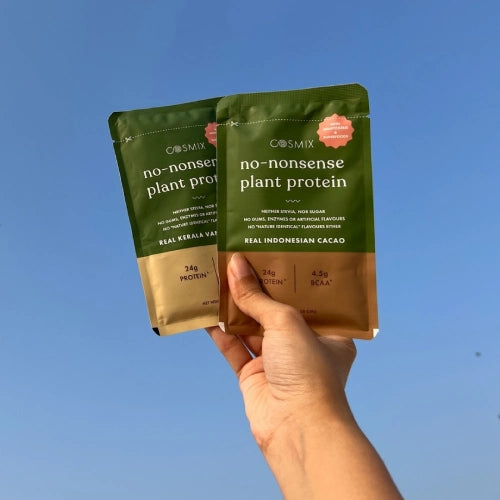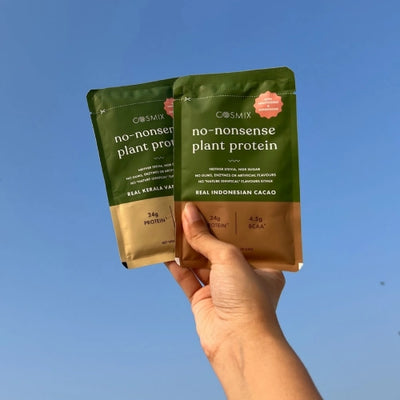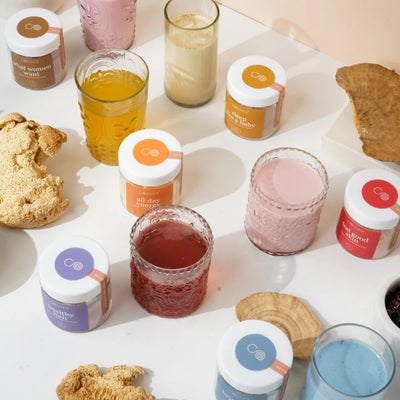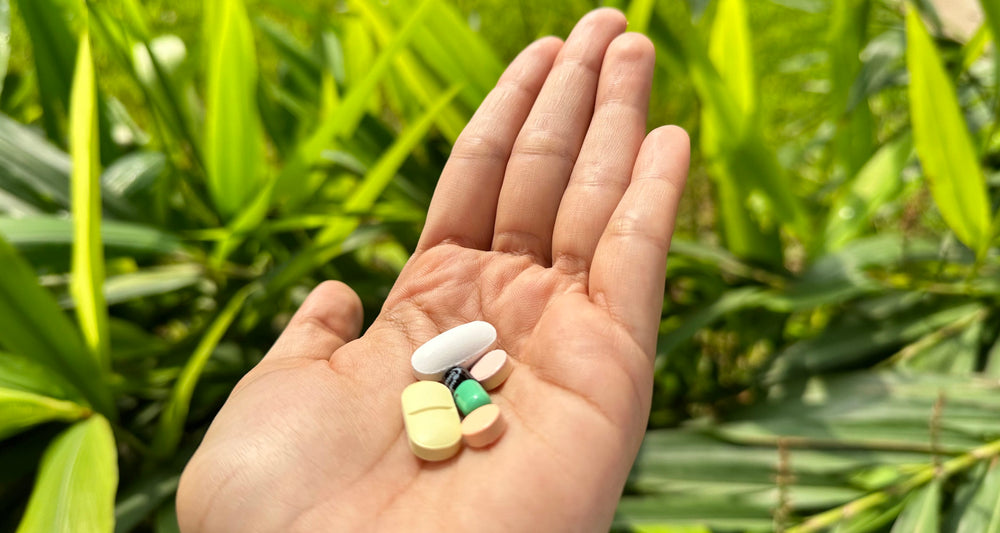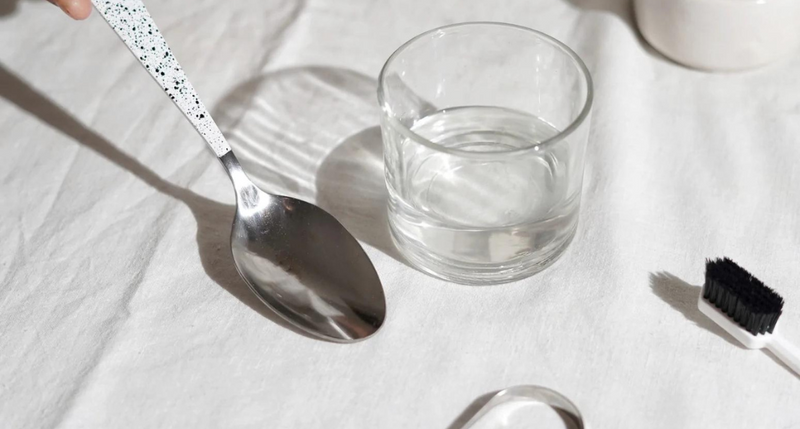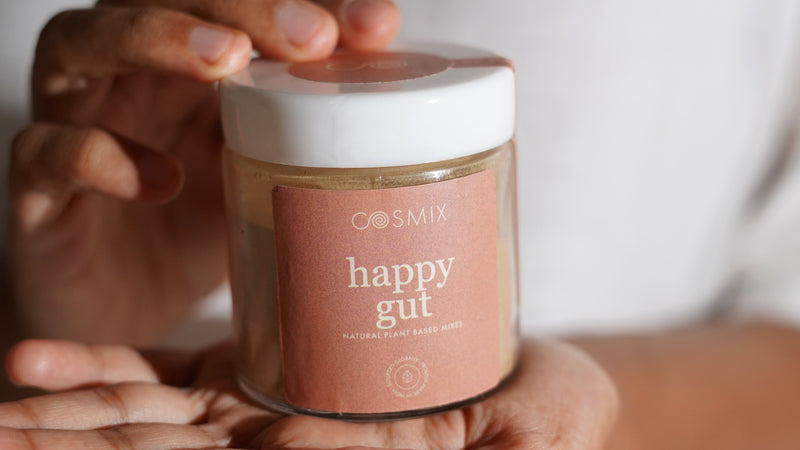We’ve all relied on antibiotics at some point in time to get us out of a bad infection. Whether you were down with the flu, an annoying cough and cold, or were even facing a strange rash, antibiotics swooped in to save the day. While the process was a little slow, most of the time, it was a sureshot way to recover. Simply put, antibiotics are antibacterial medications that are used to fight bacterial infection. This includes treating STDs, ear infections, UTIs, strep throat, and so much more. How do they work? Well, they work in a manner where they destroy or slow down the growth of bacteria. But here’s the catch––they can destroy good bacteria too, which is essential for the human body.
While antibiotics are necessary to fight certain infections, getting rid of all bacteria isn’t essentially good for the gut and liver. Did you know that healthy bacteria helps support your immunity, controls inflammation, supports liver function, aids in digestion, and so much more? The liver and gut are also connected to our mental health and the functioning of other organs such as skin health, heart health, and our overall well being. The moment you pop those antibiotic pills, you are allowing your body to also kill off good bacteria in the bargain, which leads to other health issues.
Antibiotics & Your Liver
Think of the liver as the flush to your body - it filters, digests, detoxifies, while synthesising protein and storing vitamins and minerals. According to research, 45% of drug induced liver injury is actually caused by antibiotics resulting in damage. Considering antibiotics tend to kill off healthy bacteria too, the reduction in probiotics also reduces your liver’s production of hepatoprotective agents, a chemical substance that protects your liver from damage.
So while you fix that cold, your liver is working overtime to fix the damage done by the antibiotics. Now, you might be thinking that the liver regenerates itself right? So what’s the big deal? Well, in reality, the truth is that your liver actually takes time to recover from this antibiotic damage—from weeks to months after you’re done with your course. And it’s even worse for those with chronic health issues such as high blood sugar, as you may be predisposed to liver injury from antibiotics.
Antibiotics & Your Gut
Fun fact: there are roughly 40 trillion microbes that live in our body and most are in our gut––it’s how our body fights against outside threats like viruses and bacteria. Your gut relies on this microbial diversity to stay healthy. The more the bacteria, the better it functions––the key lies in a balance of good and bad bacteria. When antibiotics kill both good and bad bacteria that sends things off balance, resulting in digestive and immunity issues––symptoms include diarrhoea, nausea, fever, stomach pain, loss of appetite and so much more.
So does this mean that you give up completely on antibiotics? No, not really. As we said before the key lies in striking a balance.
How To Protect Your System When Taking Antibiotics?
#1 - Watch Your Diet
Consume foods and herbs that are high in prebiotics and probiotics, to maintain a healthy gut microbiome. Prebiotic foods such as garlic, onions, leeks, oats, apples, flax seeds, seaweed, whole grain breads, Triphala, fruits, nuts and legumes, and high fibre cereals will be a great addition to your diet. Probiotics like kimchi, yogurt, kombucha, pickles, miso, aged cheese also help maintain gut health.
"Your gut relies on microbial diversity to stay healthy. The more diversity of bacteria, the better the gut is able to carry out its functions", says Chandrikah Rukh, our in-house herbalist.
#2 - Consume Supplements
In addition to your diet, you can also opt for supplements that help support both the gut and the liver function, along with antibiotics. My Happy Gut contains ingredients like triphala and mulethi that can help stop the growth of harmful bacteria, while supporting the growth of healthy bacteria in the gut. Mulethi also helps soothe ulcers and increases mucus production in the digestive tract, which in turn eases any digestive discomfort while or after consuming antibiotics.
Love Your Liver, on the other hand, contains natural ingredients like milk thistle, lemon, and bhoomi amalaki that all work together to protect the liver from antibiotic damage. The flavonoid present in milk thistle protects the liver from toxins and also hosts antioxidant and anti-inflammatory properties. It helps regenerate new cells. Lemon contains bioactive compounds that help fight oxidative damage and protect the liver from stress and Bhoomi Amalaki improves your liver’s function. The hero ingredient of this supplement, however, is the burdock root. High in prebiotics and a great blood purifier, the burdock root can help reduce swelling around the liver caused by inflammation—making this a great go-to for when you have to consume antibiotics.
To Conclude
While antibiotics do leave you in a catch 22 situation, having a good mix of pre and probiotics in your diet, along with gut and liver supporting supplements, will help reduce the damage. This way you can have your cake (in this case, get better soon) and eat it too (without damaging your liver and gut in the bargain).
